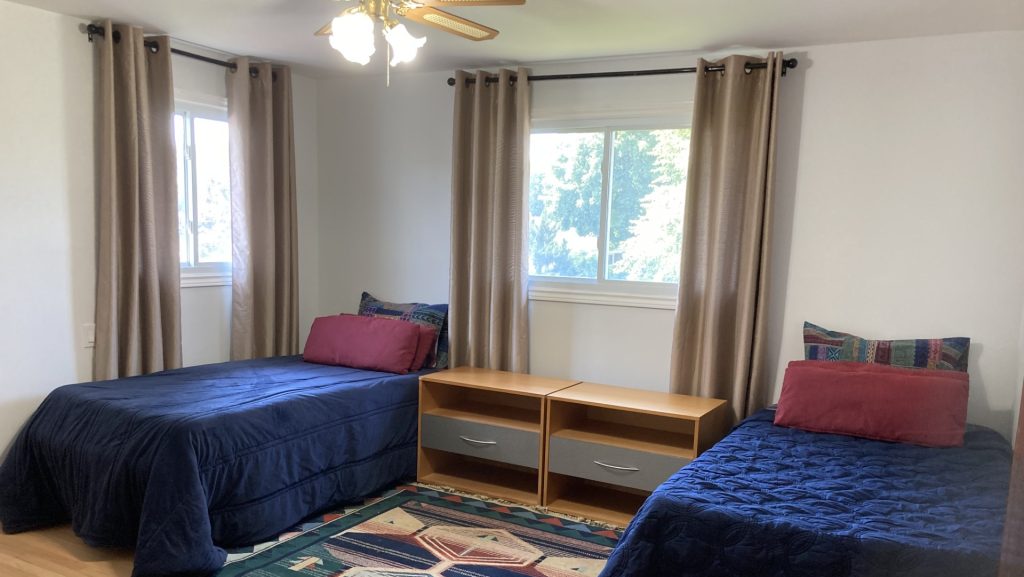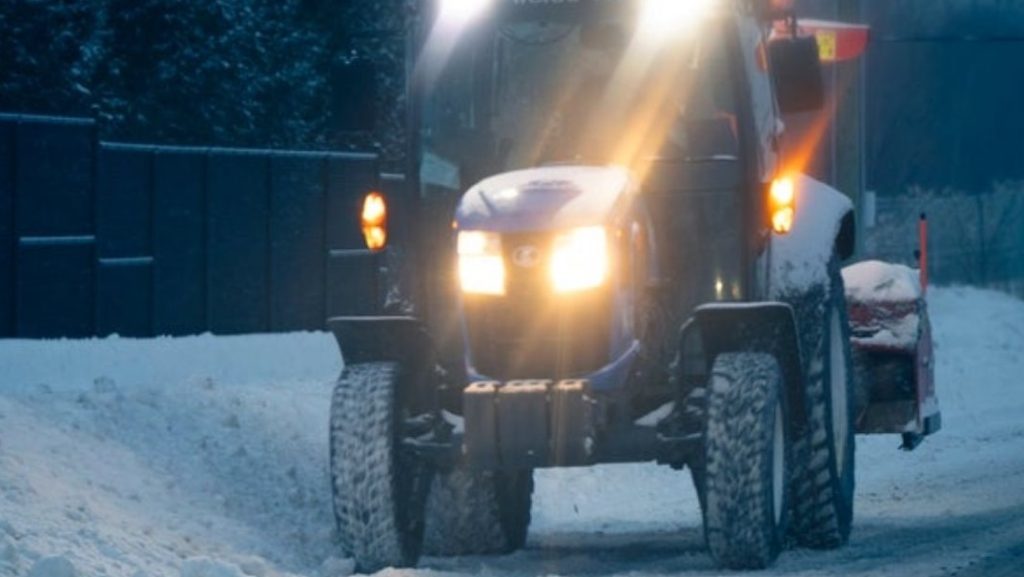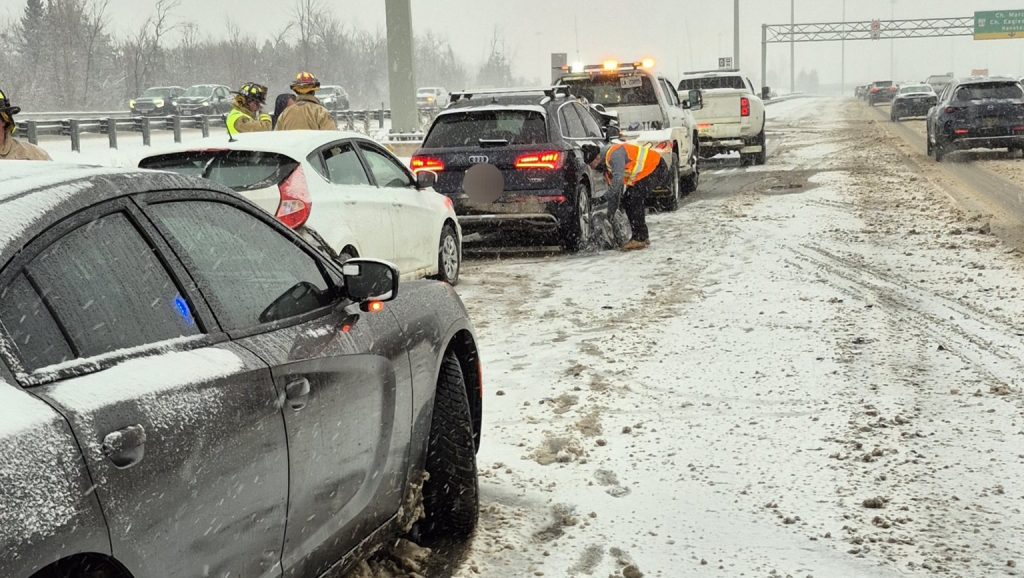Local non-profit opens new home to divert refugee claimants from homelessness

Posted Jul 10, 2024 02:24:30 PM.
Last Updated Jul 10, 2024 02:24:37 PM.
Matthew House Ottawa (MHO) announced the opening of its 20th home that will provide temporary housing for refugee claimants.
The non-profit organization offers settlement support and a safe place to live for newcomers that have been forced to flee their home countries. According to the charity, it houses an estimated 300 refugee claimants annually.
The City of Ottawa is lending the building to MHO, in efforts to address the city’s housing emergency, allowing it to open the 20th building.
Similar to other major cities across the country, Ottawa has seen an alarming rise in homeless refugee claimants, MHO said in a press release.
While the charity opened one home with eight beds in 2010, a spike in demand for housing in 2020 led to the opening of a second home, which added 16 beds.
“The demand was starting to increase and this is directly tied to the flow of force migrants, just like the increase in the number of force migrants around the world,” Allan Reesor-McDowell, Executive Director at MHO, told CityNews.
While Canada welcomed a historic number of newcomers in 2022 — reaching its target of 431,645 new permanent residents — the federal government aims to reach 500,000 newcomers by 2026.
“This plan prioritizes economic growth, and supports family reunification, while responding to humanitarian crises and recognizing the rapid growth in immigration in recent years,” wrote the federal government on its website.
While there is a notable increase in immigration, the government has not set out a plan to house refugee claimants, said MHO.
“When refugee claimants first set foot in this country, we have a system for processing claims,” Reesor-McDowell said. “But the (federal government) does not have a plan in terms of where they are going to sleep, and where they are going to get support.”
“And so Matthew House, you could say, is the result of a lack of coordination at the national federal level,” he said.
In efforts to address this growing crisis, MHO has been collaborating with the City of Ottawa, partner agencies and the community locally to fill the gaps created by a lack of supports nationwide.
“Without support, they typically get stuck in limbo, which results in homelessness, a strain on social services and newcomer settlement agencies, and high costs,” the charity added.
MHO has grown significantly since 2020, due to high demand. The non-profit plans to open a couple more homes this month, with the goal of reaching 200 beds available to divert refugee claimants from homelessness.
Opening 14 additional homes in the past year has more than tripled the number of beds available for homeless refugees, expecting to permanently divert several hundred refugee claimants from homelessness this year alone.
The non-profit’s refugee services program welcomes and supports homeless asylum seekers, providing a bed, food, community, and essential settlement support to help refugees get on their feet.
“This can include support to submit their refugee claim, get a work permit, find a job, and find longer-term housing,” explained the non-profit.
On average, residents of MHO stay for three to six months, at which point they often find a job and can support themselves.
While federal support is lacking, the City of Ottawa is recognizing the urgent need to address homelessness in the region, the organization said.
According to Reesor-McDowell, the city has been actively supporting MHO since January 2023. This includes funding for the program, and identifying other ways to support the non-profit, such as lending homes.
“We’ve been putting in proposals — Matthew House Ottawa jointly with the City of Ottawa — to the federal government, essentially saying we have a plan and need your support to reduce homelessness among refugee claimants,” Reesor-McDowell said.
MHO is urging the federal government to join in this strong collaboration with the city and other partnering agencies, in efforts to address the gap in supports for refugee claimants across Canada.








